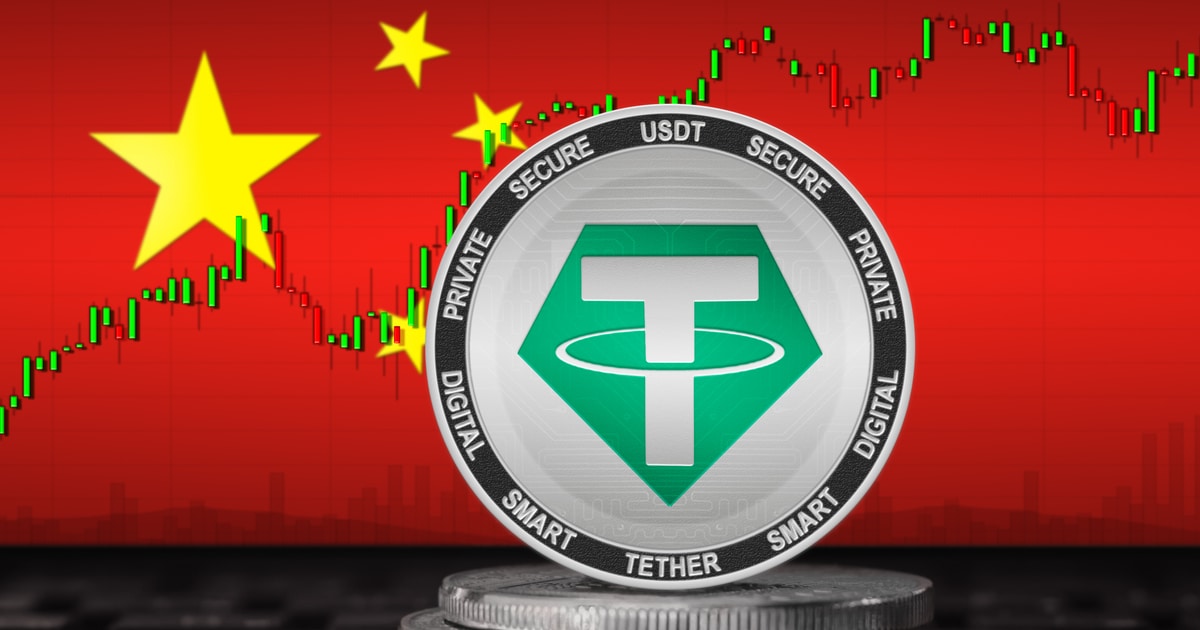Chinese authorities have recently dismantled a massive underground banking network valued at $2.2 billion, which was ingeniously using foreign digital currency platforms to circumvent the country’s stringent financial controls. This operation came to light following a detailed investigation by Chinese foreign exchange police.
The underground banking system operated by purchasing virtual currencies and then selling them through overseas trading platforms, thereby obtaining the necessary foreign currency. This process effectively bypassed China’s tight foreign exchange regulations. The inspector of the Qingdao Branch of the State Administration of Foreign Exchange, Xu Xiao, highlighted that this process involved illegal foreign exchange transactions, mainly converting yuan to other currencies.
During the crackdown, authorities seized cryptocurrencies worth approximately $28,000, including Tether and Litecoin, among others. However, it’s believed that the operation moved over $2.2 billion through more than a thousand bank accounts across 17 provinces and municipalities. This extensive network exemplifies the sophisticated and far-reaching nature of the illegal operation.
China’s strict regulations permit individuals to exchange only up to $50,000 in foreign currency annually unless officially authorized. Transactions beyond this limit without a permit are considered money laundering. This policy reflects China’s efforts to maintain a “closed” capital account, preventing capital flight.
China, once a significant player in the cryptocurrency market, imposed a blanket ban on crypto exchanges in 2017 and later expanded restrictions to mining and trading. Despite these prohibitions, underground operations continued, as evidenced by this recent bust. The Chinese government asserts that its strict stance on cryptocurrencies is to prevent illegal financial activities.
Interestingly, while mainland China maintains a hostile stance towards cryptocurrencies, the special administrative region of Hong Kong is more progressive, implementing specific rules and licensing crypto exchanges. This discrepancy highlights the varied approaches to cryptocurrency regulation within and outside China.
Image source: Shutterstock
Credit: Source link






























